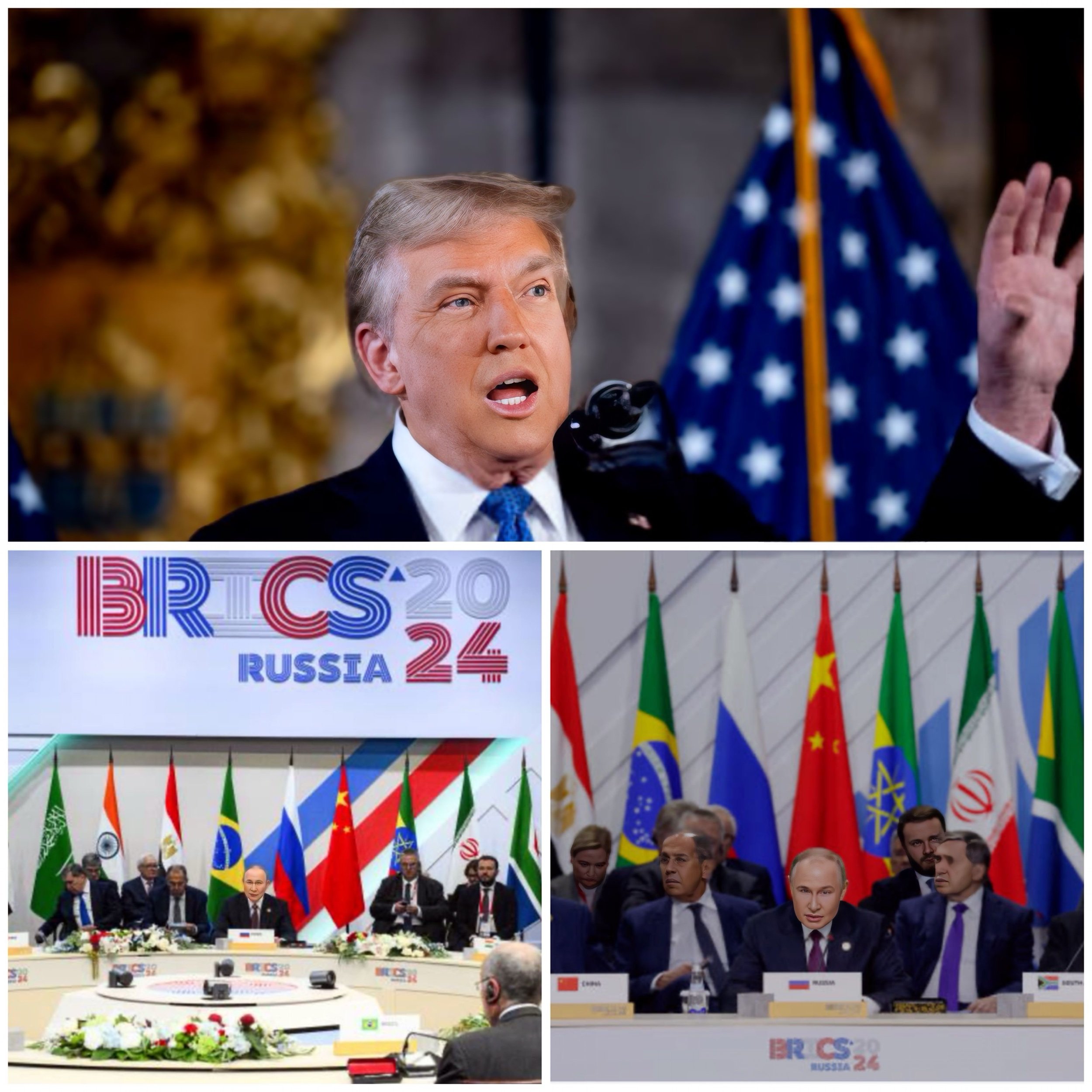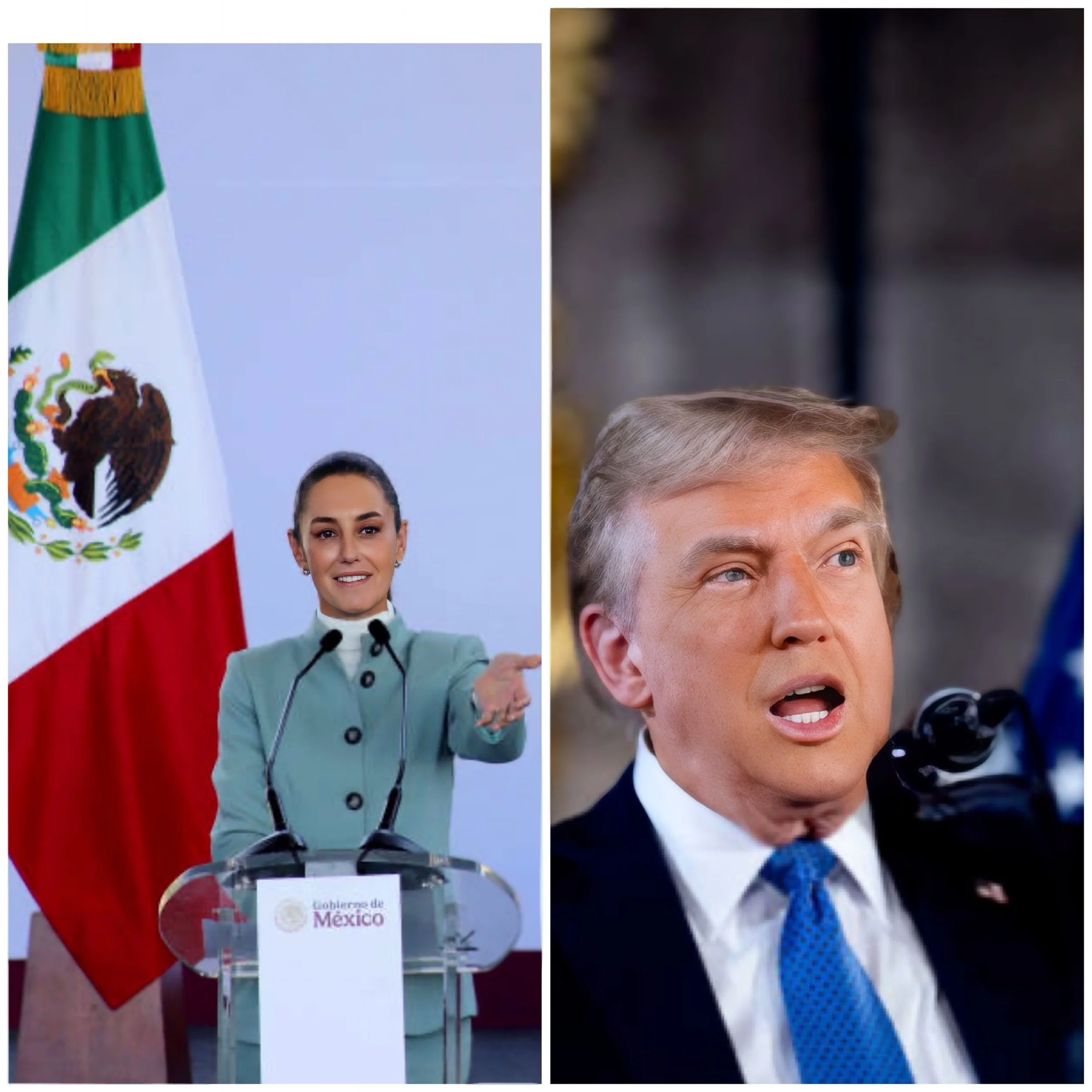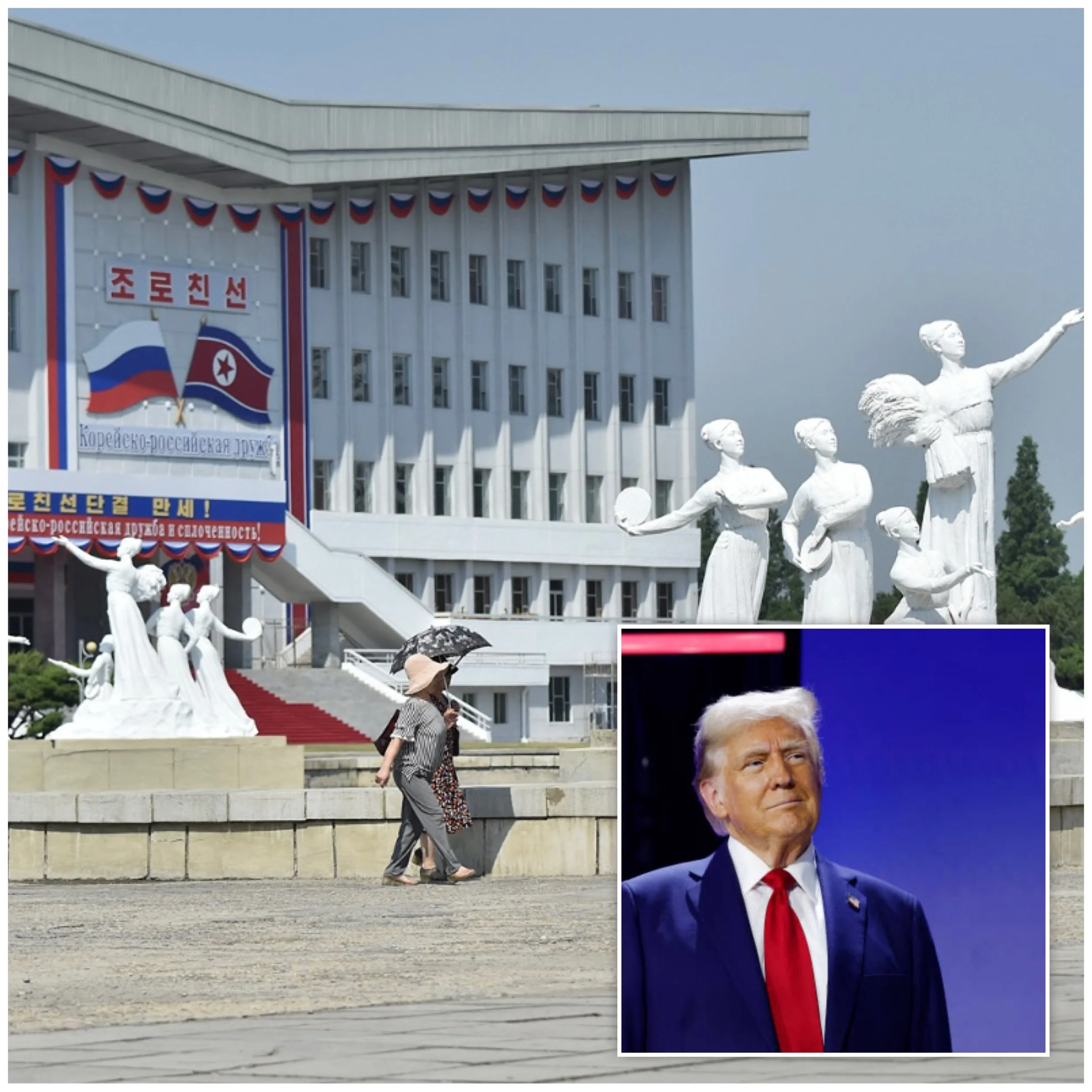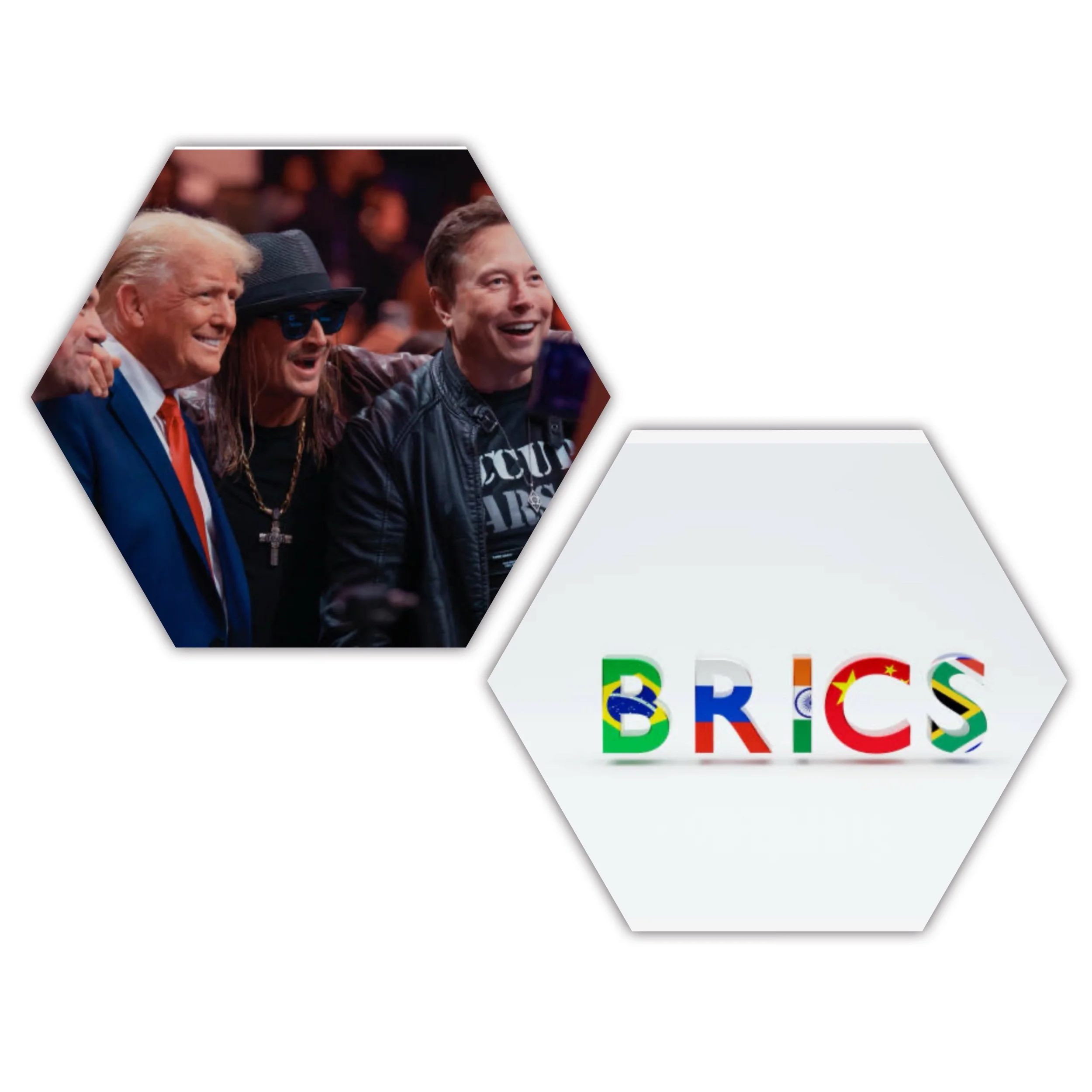Trump2.0 and Nations2.0 complex relationship. New world order without US
Introduction
Donald Trump’s second term promises significant shifts in global dynamics, with his “America First” policies likely to challenge the existing international order.
Here’s what possibly may change is Trumps understanding about global dynamics in Nations2.0 as all countries prepare to be self reliant and not focus on US including NATO.
Nations 2.0
Global Alliances
Trump plans to reassess NATO commitments, reduce U.S. involvement in multilateral organizations, and pressure allies to increase defense spending. NATO is working for its other member nations to increase Defence spending and not be reliant on US.
Trade Relations
The imposition of higher tariffs on Chinese goods and the renegotiation of trade agreements such as the USMCA have the potential to disrupt global trade dynamics. In response, China has halted the importation of critical precious metals essential for advanced chip manufacturing.
These developments have prompted the United States to explore opportunities in Africa. The Sahel states (ASS/AES) are increasingly distancing themselves from ECOWAS in a bid for greater self-reliance. Africa, often referred to as the "continent of gold," possesses abundant natural resources.
If Nations 2.0 can engage in diplomatic efforts to address instability and corruption, Africa could emerge as the wealthiest continent. It is hoped that the "African dream" will materialize.
Threats to EU to put high tariff’s to buy US oil is another one of many mistakes being made by US which increase the distance between US and other nations and its counter productive.
Trump2.0 Tariff China
It is widely acknowledged among political experts that tariffs do not benefit any nation. Organizations such as GATT and WHO have worked for decades towards achieving a tariff-free global economy.
Xi Jinping's decline of Trump's invitation was a notable response to the United States' approach. Trump's threats of tariffs on China, coupled with contradictory statements praising Xi and expressing a desire for strong relations, create confusion.
The United States has managed to navigate without Trump for four years; his potential return raises questions about how it would improve the situation.
The U.S. remains dependent on global imports, and in the absence of these imports and labor, American consumers may find themselves limited in options.
Middle East Dynamics
In the Middle East, unwavering support for Israel and a stringent stance on Iran may exacerbate regional divisions, yet they could also lead to a reconfiguration of alliances. Turkey won $8 billion contracts from KSA and much more to come for other nations.
The current U.S. position regarding Israel is perceived by many as one of being "held hostage" by Israeli interests. Consequently, U.S. credibility on the global stage has reached a low point. While thousands of Syrian celebrate freedom for new government in Umayyad Square.
Moving forward, how can we rebuild trust and effectively collaborate with Nations 2.0?
Trump threat to India largest democracy I the world
US President-elect Donald Trump has recently threatened to impose reciprocal tariffs on India, citing high tariffs on American products such as whiskey and bicycles.
Trump criticized India for being a “big abuser of US trade relations” and reiterated his intention to match India’s tariffs, which he claims reach up to 100-200% on certain goods. This stance aligns with his broader “reciprocity” trade policy, potentially escalating trade tensions between the two nations
It’s very strange on one hand President Joe Biden recognizes Prime minister Modi not only in White House but also US Parliament and Trump is talking in opposite terms?
What kind of diplomacy is this. India is a peaceful nation and PM Modi commands a very strong and respectful position globally.
What is Trump intending to do prior to his February India visit ?
Trump 2.0
Transactional Diplomacy
Trump emphasizes deal-making with adversaries like Russia, China, and North Korea, but his unpredictability could strain relationships. None of these nations care about threats from US anymore. Russia is establishing base in Libya. Russia is a very powerful nation from Defence standpoint and is being supported by China with strong economic background leaving US behind. North Korea does not care anyways.
Economic Focus
Foreign aid may shift toward investment-driven strategies to counter China’s influence. That will damage US global image to be seen. Times have changed. World has changed. Even poor nations like Africa are being self reliant.
Military Policy
A mix of nonintervention rhetoric and aggressive posturing risks incoherence in addressing conflicts like Ukraine and Taiwan. All this is up in the air. Putin can take over Ukraine without Trumps intervention. Turkey has sidelined US in Syria. EU has already reached out to Syrian leaders for long term cooperation and support.
Nations 2.0 counter to Trump2.0 threats
Nations are responding to Donald Trump’s aggressive trade and foreign policy threats with a mix of resistance, diplomacy, and strategic countermeasures
BRICS Nations
BRICS members (Brazil, Russia, India, China, South Africa) are accelerating plans to reduce reliance on the U.S. dollar by exploring alternative currencies for trade.
Russia criticized Trump’s tariff threats, stating they would push nations further toward de-dollarization.
European Union
The EU is emphasizing energy diversification and open dialogue but struggles to present a unified response due to internal political challenges.
France and Germany are holding talks to address NATO funding and trade concerns.
Canada and Mexico
Canada is engaging in diplomatic discussions with Trump while preparing for potential economic fallout.
Trump suggested to Trudeau openly to make Canada US 51st state and become its mayor, if he is worried about Canadian government failure.
Mexico’s President Sheinbaum rejected tariffs as a solution, focusing on migration cooperation instead.
Conclusion
Donald Trump’s leadership style has been characterized as chaotic and personalist, prioritizing loyalty over institutional norms.
His administration lacked a coherent ideological agenda, often relying on impulsive decision-making and fostering internal dysfunction.
This contrasts with the organized autocracy of the former USSR, which operated under a rigid, centralized system with long-term ideological goals and strict bureaucratic structures.
While Trump’s governance emphasized personal dominance and media-driven narratives, the USSR’s leadership adhered to collective decision-making within the Communist Party framework.
Further Nations2.0 are leveraging alliances and economic strategies to counterbalance Trump’s unilateral policies.






